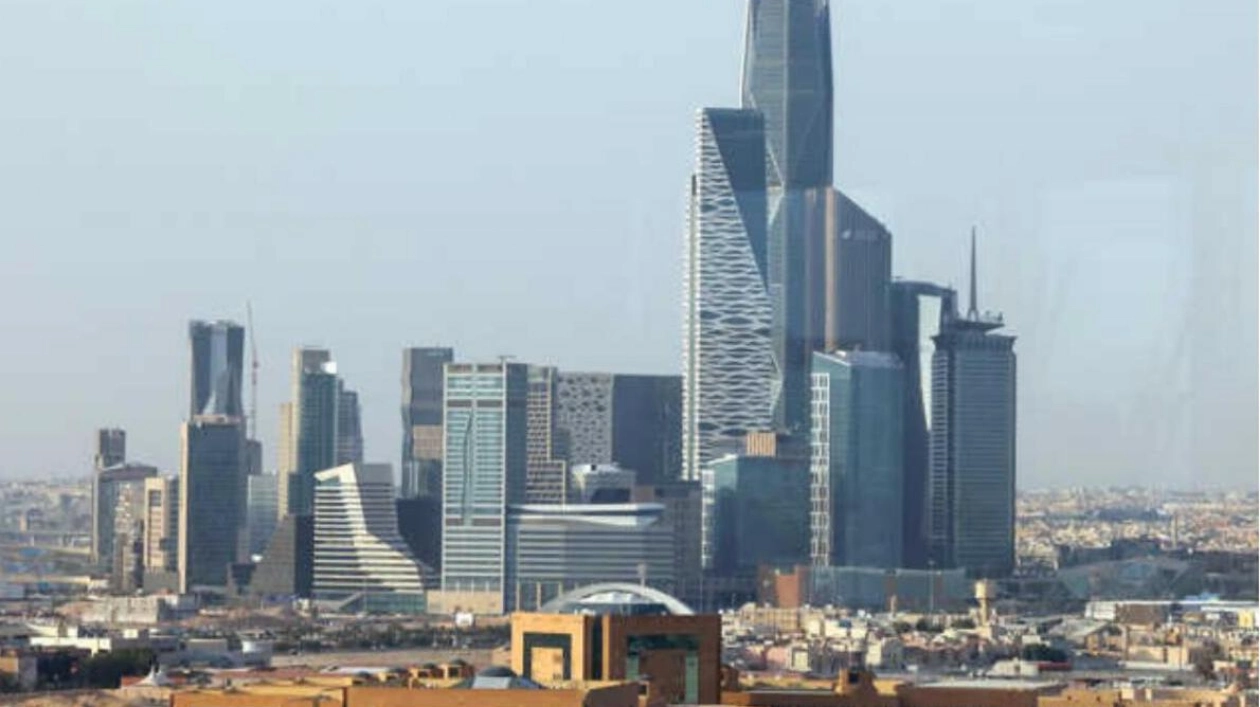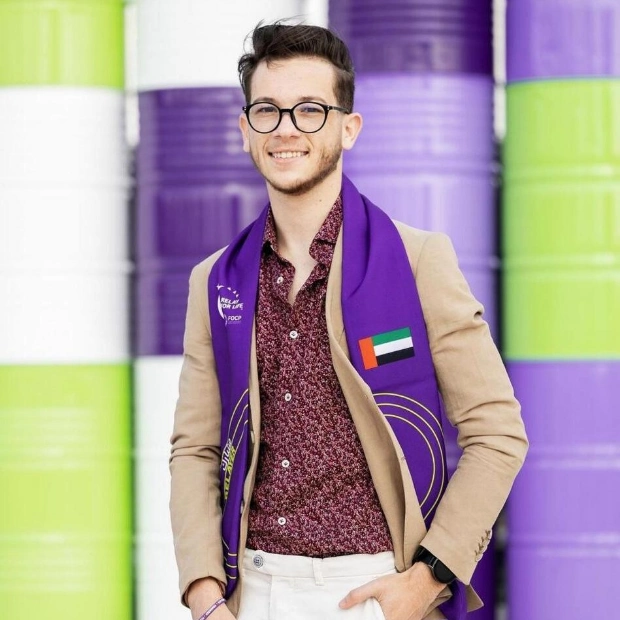Implementing an appropriate framework and mechanisms for green finance could potentially unlock up to $2 trillion in GDP contributions and create over one million jobs by 2030 in the GCC countries, according to economists at Strategy&.
Green finance, which considers the environmental impact of investments alongside financial returns, can also expedite economic diversification and job creation in the region. Properly structured, it can attract foreign direct investment, as noted by Jorge Camarate and Dr Shihab Elboral in a recent report.
The report highlights that despite significant investments by governments and businesses in environmental sustainability, the financial sector has lagged behind. It estimates that major non-oil sectors could contribute up to $2 trillion to the GDP by 2030, potentially creating more than one million jobs.
To leverage this potential, the report suggests that each GCC government should establish a credible green sovereign wealth fund to engage with international investors. It also recommends opening up the region’s capital markets to facilitate investment in sustainable projects.
Currently, GCC countries recycle only about 10% of their plastic and metal waste, leading to substantial waste. Increasing this rate to 40% could create approximately 50,000 new jobs and support a $6 billion market, according to the report.
The report emphasizes the need for continued development and strengthening of the region’s capital markets, which are currently underdeveloped, to enable easy exit for successful investments and access to GCC funds held by high-net-worth individuals and families.
To capitalize on these opportunities, the report outlines four priorities for GCC governments: promoting environmental sustainability, creating a green sovereign wealth fund, strengthening capital markets, and developing standard and transparent reporting mechanisms for environmental performance.
The UAE has taken a leading role in sustainable finance within the GCC, marked by initiatives such as the Dubai and Abu Dhabi Sustainable Finance Declarations and the UAE’s first guiding principles on sustainable finance.
The UAE Sustainable Finance Framework 2021-2031 sets a national agenda for sustainable finance, while collaborations like those between ADGM and DIFC with global organizations provide training for finance professionals.
The UAE has also been a pioneer in committing to net-zero emissions and implementing ESG reporting requirements for publicly traded companies. Recent developments include Mubadala’s establishment of an independent ESG business and Emirates NBD’s raising of $1.75 billion in the region’s first sustainability-linked loan.
The financial sector in the GCC plays a crucial role in the region’s GDP, presenting an opportunity to accelerate sustainable finance practices. GCC countries have made notable progress in developing sustainable finance frameworks, promoting sustainable investments, and supporting green projects.
Efforts include the development of sustainable cities powered by renewable energy and diversifying energy sources to reduce the carbon footprint across all GCC nations.
The popularity of green finance is on the rise in the GCC, with a record high total value of over $8.5 billion in green and sustainable bonds and Sukuk issuance in 2022, compared to just $605 million in 2021, according to the report.






